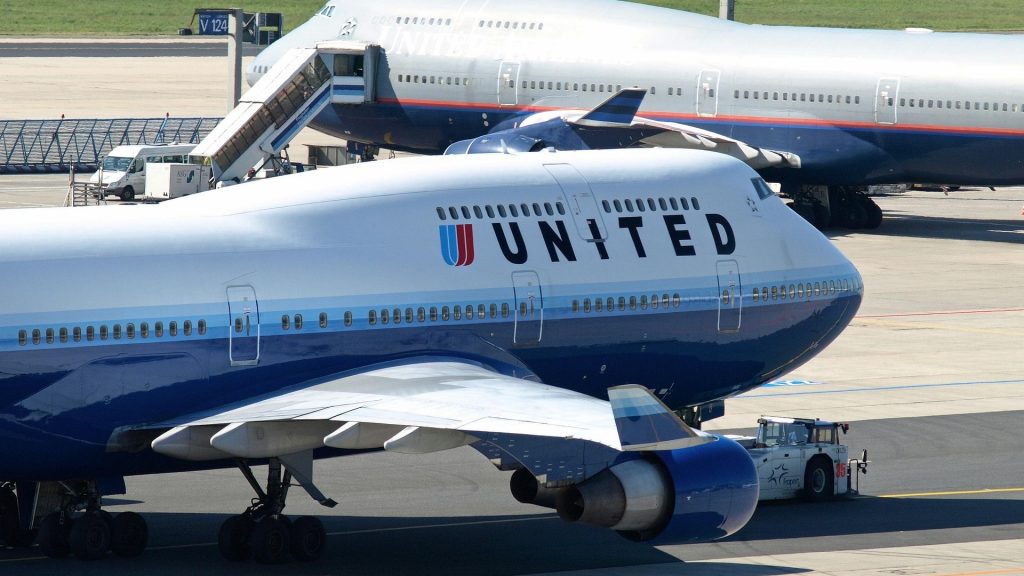Brussels Prepares Retaliatory Measures as Deadline Nears on Trump’s 90-Day Tariff Suspension
Others are reading now
The European Union is considering imposing tariffs on American-made Boeing aircraft as part of a broader retaliation strategy against U.S. trade measures, according to a report by the Financial Times cited by Digi24. The potential move signals a sharp turn in transatlantic economic relations just weeks ahead of a looming tariff escalation.
Brussels Targets €100 Billion in U.S. Imports
The European Commission, which oversees EU trade policy, has drafted a list of American imports worth €100 billion annually—including civilian aircraft—that could face retaliatory tariffs if ongoing trade negotiations with Washington collapse. The measures would require the backing of a majority of EU member states and would only be enacted if talks fail to make meaningful progress.
The warning comes as the U.S. maintains a suite of punitive tariffs: 25% on European steel, aluminum, and cars, and 10% on most other goods—including aircraft—which could rise to 20% after July 8, when President Donald Trump’s 90-day suspension expires.
European Commissioner for Trade Maroš Šefčovič stated that the EU “is not under pressure to accept an unfair deal,” reinforcing the bloc’s resolve to defend its economic interests amid mounting transatlantic tensions.
Also read
Industry Pushback and High Stakes for Airlines
European airlines, which have ordered hundreds of Boeing jets in anticipation of rising air travel demand, warn that tariffs could drive up acquisition costs significantly. Since aircraft are typically paid for upon delivery, new duties could complicate procurement plans and distort competition between Boeing and its European rival, Airbus.
Unlike previous tariff disputes, however, the aerospace industry is now more unified. Major companies on both sides of the Atlantic are jointly advocating for the elimination of all tariffs, recognizing the mutual damage caused by a renewed trade war.
As the July deadline approaches, Brussels appears poised to act unless the Biden–Trump administration—currently engaged in a broader tariff standoff with China—reconsiders its approach toward key European allies.


